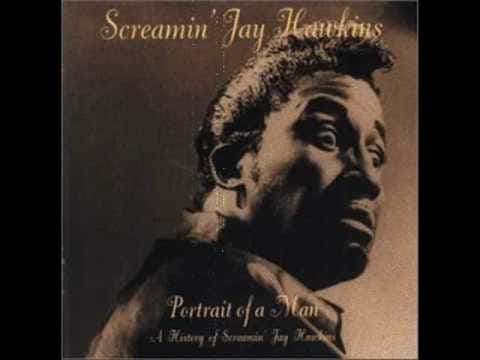Whistling Past the Graveyard.
Sometimes I’ll try to uncover the origins of a phrase or a word, and we’ll both be surprised by what we find. This phrase isn’t like that, though: graveyards have long been perceived as places of mystery and the macabre, often at the center of folklore involving ghosts and spirits.
Whistling past this place of grave danger (pun intended) implies keeping a stiff upper lip in the face of trepidation. It means acting as though things are normal, when they simply aren’t normal.
Our ancestors may have believed that they could make those evil spirits go away, if only they put forth a cheerful front. I think they might have been onto something.
Screamin’ Jay Hawkins, an American rock and roller who became famous during the 1950s by singing songs about voodoo and other macabre subjects, uses this phrase eloquently to hearken back to those old superstitious times:
Keep reading with a 7-day free trial
Subscribe to Goatfury Writes to keep reading this post and get 7 days of free access to the full post archives.



